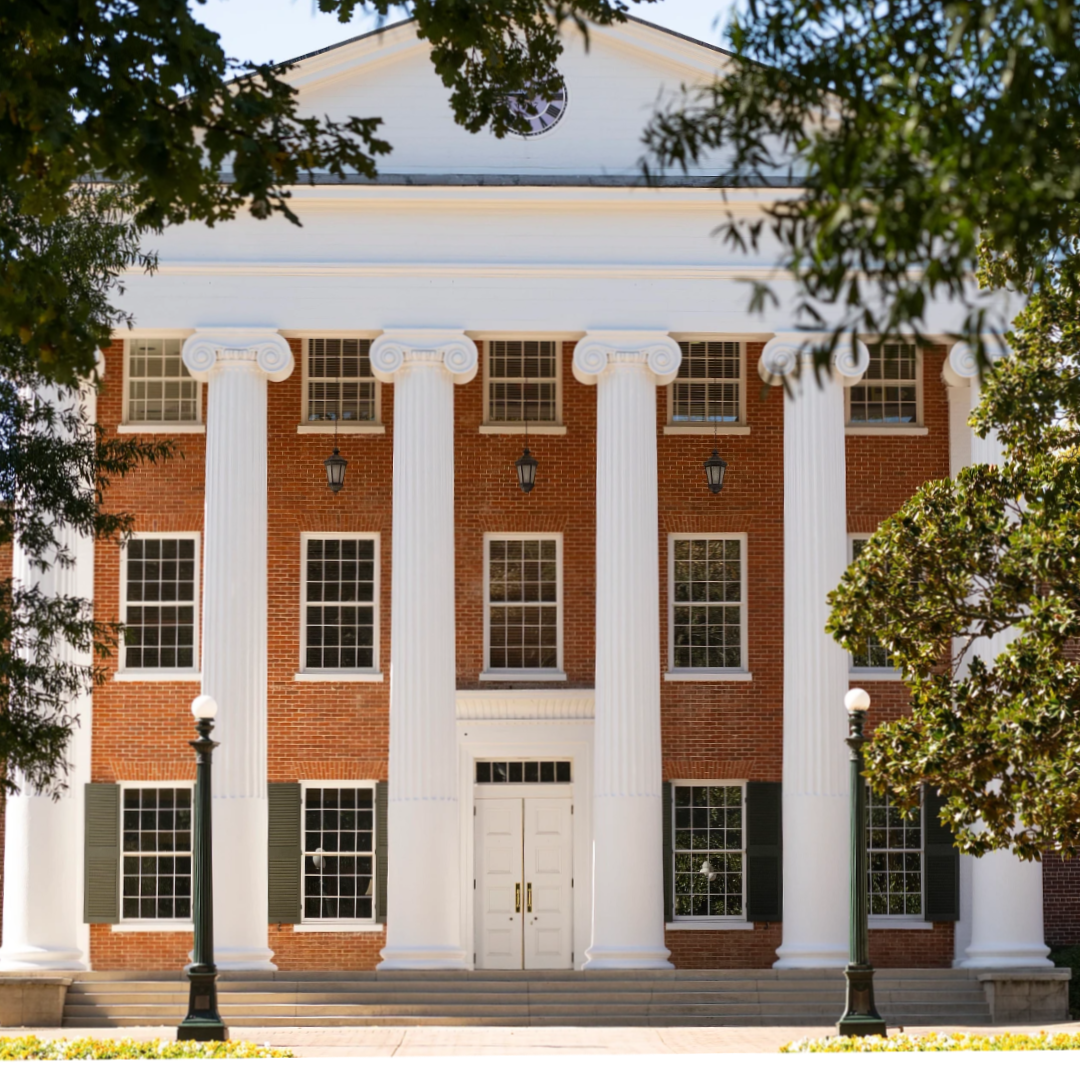Mechanical Engineering, MS
Explore our Master of Science in Engineering Science with emphases in Aeroacoustics, Hydrology and Computational Hydroscience, Materials Science and Engineering, and Mechanical Engineering.
About the Master of Science in Mechanical Engineering
The M.S. in Engineering Science from the Department of Mechanical Engineering provides students with a strong foundation in advanced engineering principles, research methods, and technical communication.
- Whether you're interested in launching a career in industry, contributing to public sector innovation, or preparing for doctoral study, the program offers the flexibility to tailor your experience to your goals.
Students can explore specialized areas such as aeroacoustics, hydrology & computational hydroscience, materials science and engineering, and mechanical engineering. Through a combination of coursework, hands-on projects, and faculty mentorship, you'll develop the skills needed to solve complex engineering problems and make a meaningful impact in your field.
On this Page…
Program Information
Degree
M.S. in Engineering Science
Emphases
Mechanical Engineering, MS
Specializations
Aeroacoustics ;
Hydrology and Computational Hydroscience ;
Materials Science and Engineering ;
Mechanical Engineering
Required Credit Hours
30
Program Type
Master's Program
Program Location
School
Aeroacoustics Specialization
Find course requirements and other information about the aeroacoustics specialization in the course catalog.
For questions, contact our graduate program coordinator using the information below.
Nathan Murray
Director of the National Center for Physical Acoustics
Hydrology and Computational Hydroscience Specialization
Find course requirements and other information about the hydrology & computational hydroscience specialization in the course catalog.
For questions, contact our graduate program coordinator using the information below.
Mohammad Al-Hamdan
Director of NCCHE, Research Professor in the Department of Geology and Geological Engineering, and Professor of Civil Engineering
Materials Science and Engineering Specialization
Find course requirements and other information about the materials science & engineering specialization in the course catalog.
For questions, contact our graduate program coordinator using the information below.
Samrat Choudhury
Associate Professor of Mechanical Engineering
Mechanical Engineering Specialization
Find course requirements and other information about the mechanical engineering specialization in the course catalog.
For questions, contact our graduate program coordinator using the information below.
Taiho Yeom
Associate Professor - Thermo Fluids Energy
Next Steps
Explore Affordability
We have a variety of scholarships and financial aid options to help make college more affordable for you and your family.
Apply to the University of Mississippi
Are you ready to take the next step toward building your legacy?



